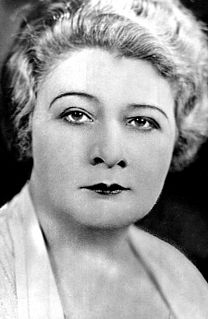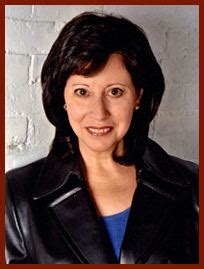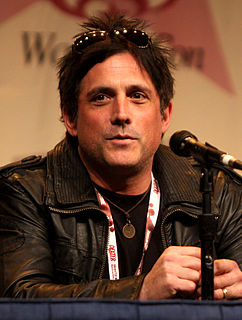A Quote by Dara Horn
I have another aspect of my career where I'm a scholar of Yiddish and Hebrew literature, and I'll say that when you study Yiddish literature, you know a whole lot about forgotten writers. Most of the books on my shelves were literally saved from the garbage. I am sort of very aware of what it means to be a forgotten artist in that sense.
Related Quotes
Yiddish, originally, in Eastern Europe was considered the language of children, of the illiterate, of women. And 500 years later, by the 19th century, by the 18th century, writers realized that, in order to communicate with the masses, they could no longer write in Hebrew. They needed to write in Yiddish, the language of the population.
Even though I loved the song [My Yiddish Momme] and it was a sensational hit every time I sang it, I was always careful to use it only when I knew the majority of the house would understand Yiddish. However, you didn't have to be a Jew to be moved by 'My Yiddish Momme.' 'Mother' in any language means the same thing.
I got to college in '99, and I went to study literature and writing, and so within a couple years we had Bush elected, 9/11, we were at war, so I was sort of having my political and spiritual awakening at the same time I was becoming an adult, and that's a lot of stuff at once. I became very focused on the state of the world, and I started studying that stuff more, and I just had a real identity crisis. I couldn't even really just study literature.
As a form of moral insurance, at least, literature is much more dependable than a system of beliefs or a philosophical doctrine. Since there are no laws that can protect us from ourselves, no criminal code is capable of preventing a true crime against literature; though we can condemn the material suppression of literature - the persecution of writers, acts of censorship, the burning of books - we are powerless when it comes to its worst violation: that of not reading the books. For that crime, a person pays with his whole life; if the offender is a nation, it pays with its history.
As for literature – to introduce children to literature is to install them in a very rich and glorious kingdom, to bring a continual holiday to their doors, to lay before them a feast exquisitely served. But they must learn to know literature by being familiar with it from the very first. A child's intercourse must always be with good books, the best that we can find.





































